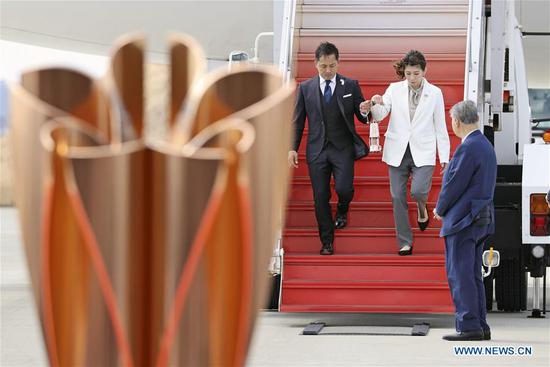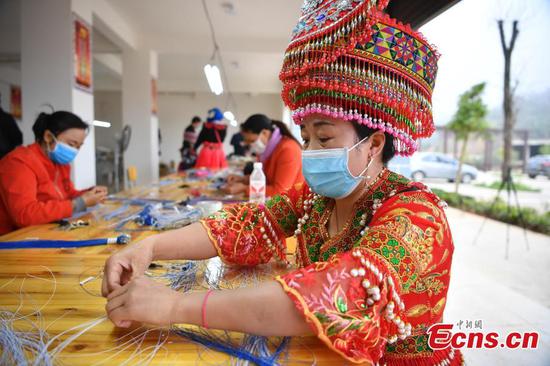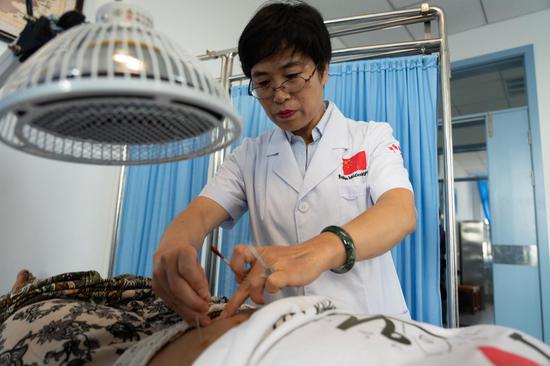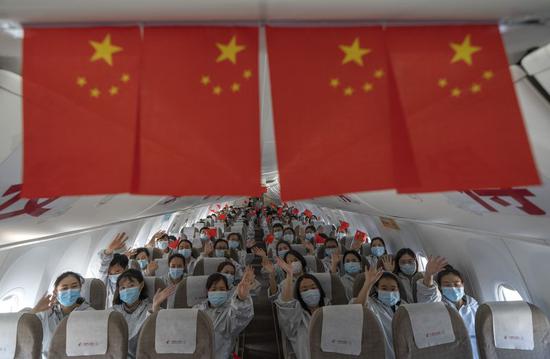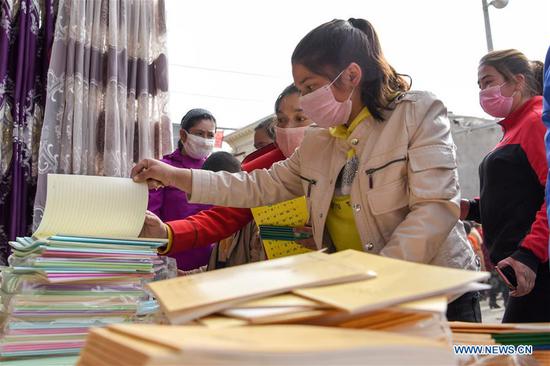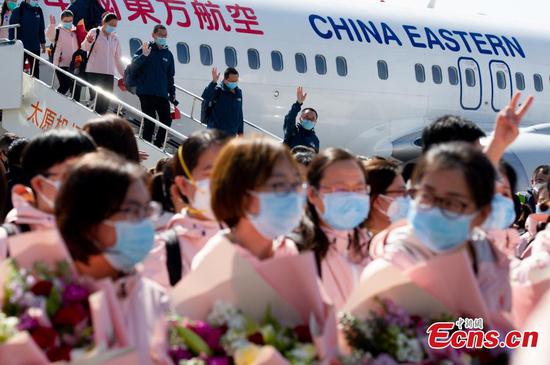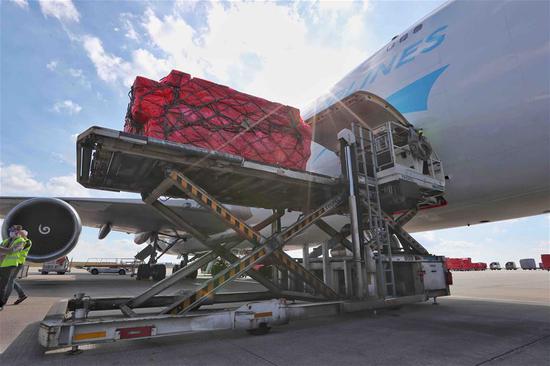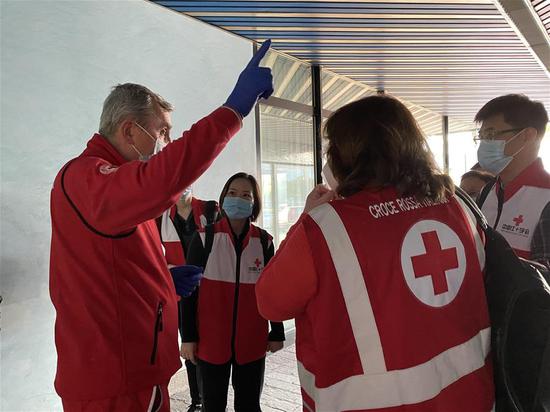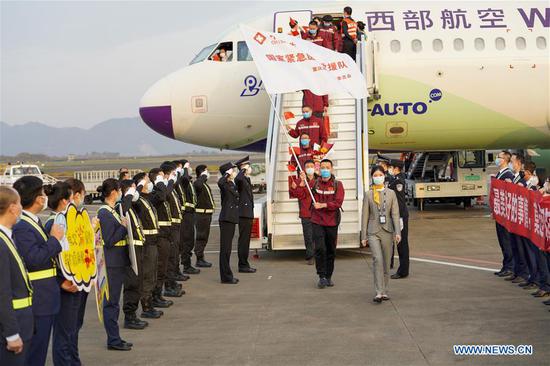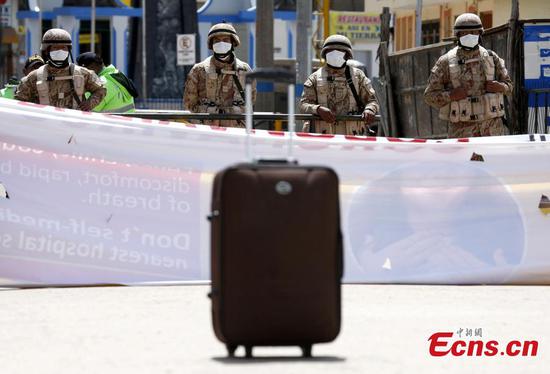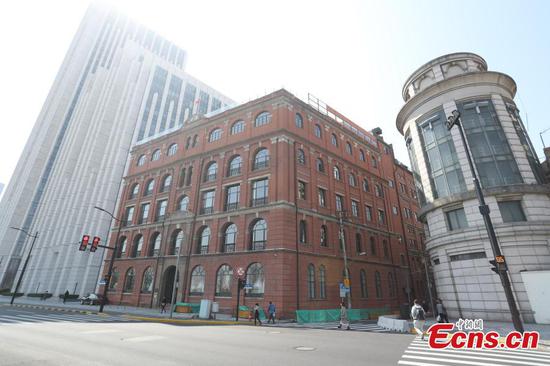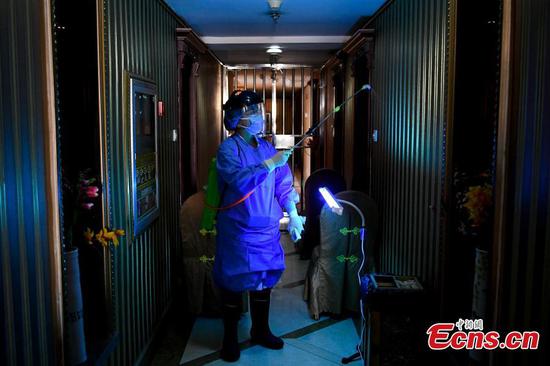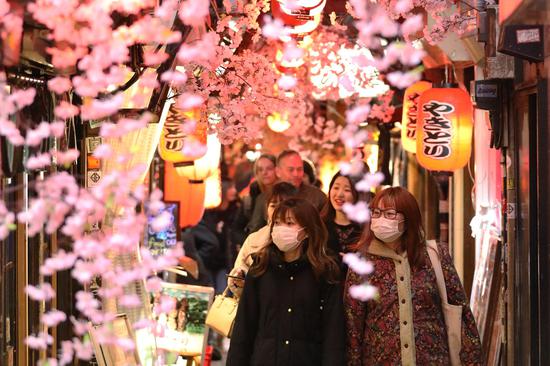
Pedestrians wearing masks walk under flowering cherry trees in Tokyo, Japan, March 5, 2020. (Xinhua/Du Xiaoyi)
Face masks were a common sight across East Asia, but were shunned in the West. Experts say culture plays a significant role in people's decision in wearing masks.
However, with the global spread of COVID-19, how much is the epidemic affecting your decision now?
FAVORED IN THE EAST, BIASED IN THE WEST
To wear, or not to wear? It seems to depend mostly on where you come from. In many parts of Asia, face masks are commonplace as people use it to protect from air pollution, bacteria and viruses, or to cover facial imperfections.
In Japan, it's impolite for women not to wear any makeup when going outside. So masks serve as a quick cover-up.
But in many Western countries, wearing face masks may draw you unwanted attention or even invite stigma and racist attacks. For example, a Chinese student from Britain's University of Sheffield was verbally and physically harassed in January for wearing a mask, and an Asian woman in face mask was assaulted and called "diseased" in a subway station in New York in February.
Those incidents show a fundamental difference in how masks are viewed in the West versus Asia.
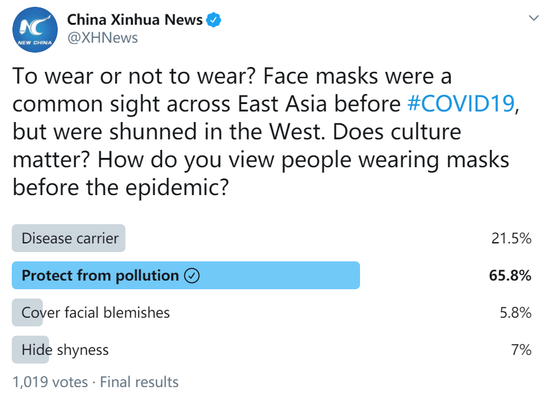
According to a Twitter poll conducted by Xinhua on its official account, 21.5 percent of the 1019 respondents think people wearing masks before COVID-19 were disease carriers, 65.8 percent believe they used it to protect from pollution.
Many people commented that "culture matters" in their decision in wearing masks. As it's culturally unacceptable, many people of Asian descent ditch their habit of wearing masks under social pressure.











